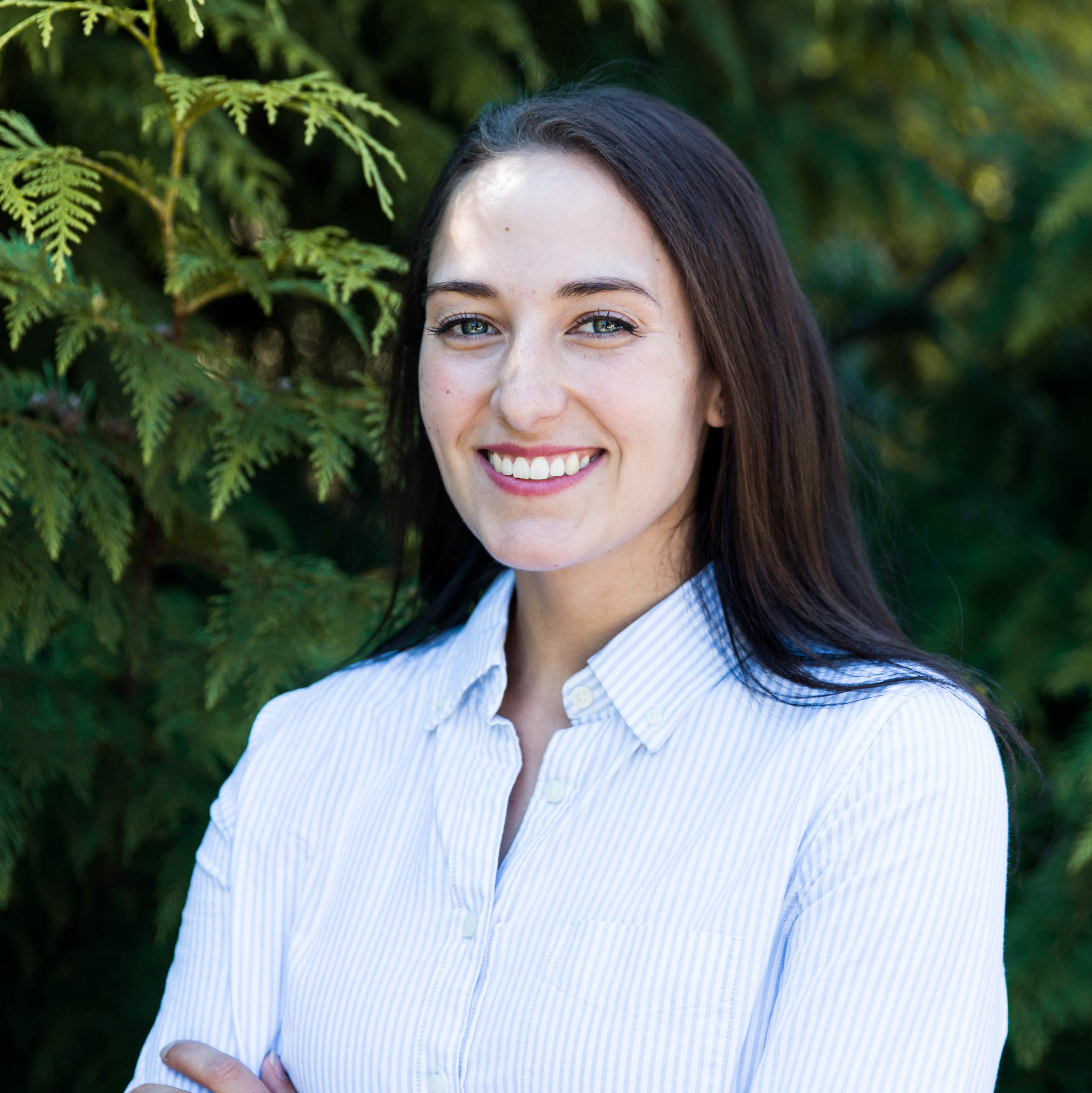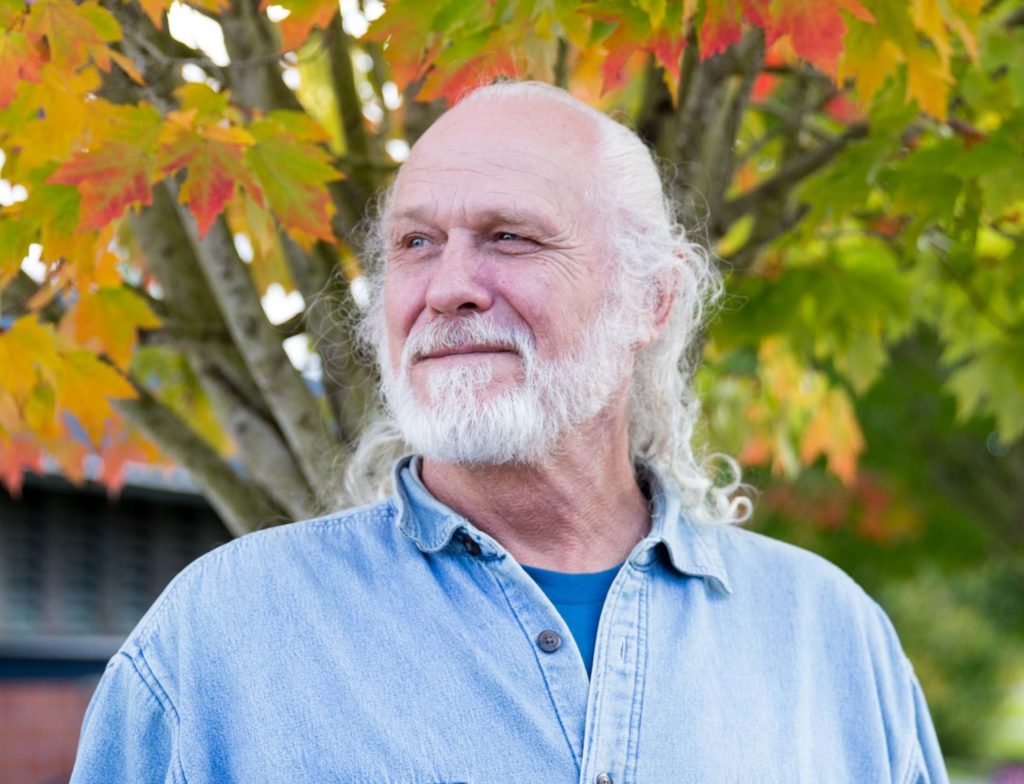If one were to stroll through WSU Vancouver’s rolling 351 acres, there is no significant indication that the university was built on land once belonging to the Cowlitz Tribe. This land has a lengthy and rich Native American history, but many students and community members are unaware.
Erasing Native American’s cultural heritage and presence has been a long-forming issue many southwest Washington universities and tribes are grappling with; WSU Vancouver is no exception.
Campus Director of Native American Affairs and history professor Steven Fountain said, he fears many people are unaware of how Native American history has shaped the land and the local area.
“I don’t believe many people realize, but there was a native fishing village on our campus down near the barn, at the mouth of Mill Creek,” Fountain said. “There has been a native presence on campus because of the salmon in those streams, for thousands of years.”

Fountain explained that on the first day of classes he takes students outside to recognize the indigenious presence. He said the presence is difficult to see through the layers of the university and the dairy farm that resided before it. “Unless we highlight that connection, we’re cutting ourselves off from the past,” Fountain said.
Fountain’s role is to, “represent different organizations, and tribes, and individuals that advise on a whole series of things they would like to see change in the university.”
According to Fountain, “there’s an elder who says regularly that you could not have done a better job of erasing native people from this campus if you had tried.”
Roben White, a descendent of the Lakota and Cheyenne Tribes and member of the Native American community advisory board said, “I won’t give the university a good-grade on their inclusion of Native Americans. If you walk around campus, it’s a beautiful location, but it’s sterile. There’s no nod or significance [given] to the indigenous peoples’ heritage.”
White added that the mountains surrounding WSU Vancouver each have native names, but remarks that there is “nothing that indicates that our people were here. There’s no art, no signage, no cultural aspect, and I think that’s sad.”
In hopes of increasing visibility on campus and within the community for the Native American people, concerned members of faculty and tribal leaders are making strides to change the future.
One professor worked to expand WSU Vancouver’s library collection to include more Native American literature. Other faculty members are also collaborating with tribe members to ensure that the university curriculum includes local history of the indigenous people.
Additionally, White and the Native American Community Advisory Board presented the university with the idea of establishing an elder in residence and building a longhouse, a traditional Native American dwelling, on campus to serve as a cultural landmark and a place where Native Americans can gather.
The Native American Community Advisory Board would like to secure the funds, somewhere around 9 million dollars to begin that process. The final approval now “rests on the chancellor’s table,” White said.
WSU Vancouver Chancellor, Mel Netzhammer commented, “The longhouse is a potential project on that space [north-side of campus], as is a community retreat or other yet-to-be-defined projects that would create a ‘village’ on the north-side of campus. While the longhouse would be a great project, there is no timeline associated with that part of the master plan.”
According to White, much of what has been done on campus for the indigenous population has not been done through the university, but mostly by individuals.
Walking across campus, White can point out the empty spaces where he would like to see some indigenous art and perhaps some plaques and signage giving an ode to the Native American roots.
“Without that history, it’s a disservice to all other cultures,” White said. “When your education system is built on lies, it’s a faulty system, it’s a bad system and it’s one that’s not going to work because of those intrinsic truths not being evident.”
Addressing students, White said, “don’t be afraid of what you don’t know. You weren’t supposed to know. Institutions made it so you don’t know. I’m not going to shame you for not knowing, I would shame you for your apathy. You’re powerful and significant. Your voice really does make a difference.”
White wants people, students and members of the WSU Vancouver community to remember, “we’re not dead, we’re still here. We’re all around you and we have significance in your community.”

Krysten Stewart is a junior at WSU Vancouver pursuing an English degree.
